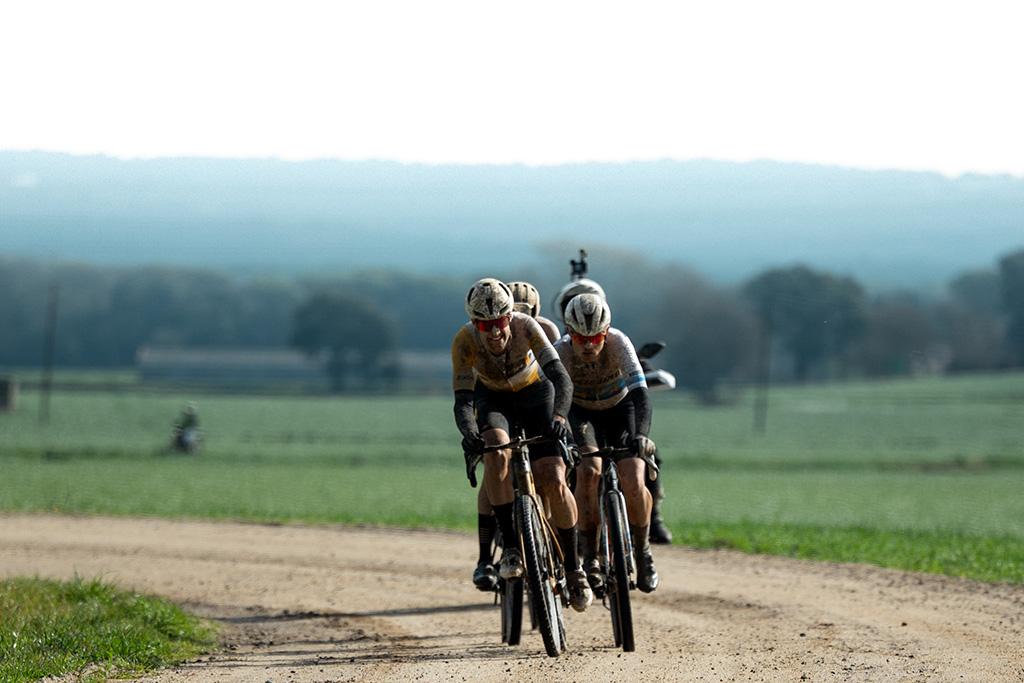Mechanical doping: UCI commissaire highlights legal grey areas
Philippe Mariën discusses bike confiscation and X-ray testing
The latest race content, interviews, features, reviews and expert buying guides, direct to your inbox!
You are now subscribed
Your newsletter sign-up was successful
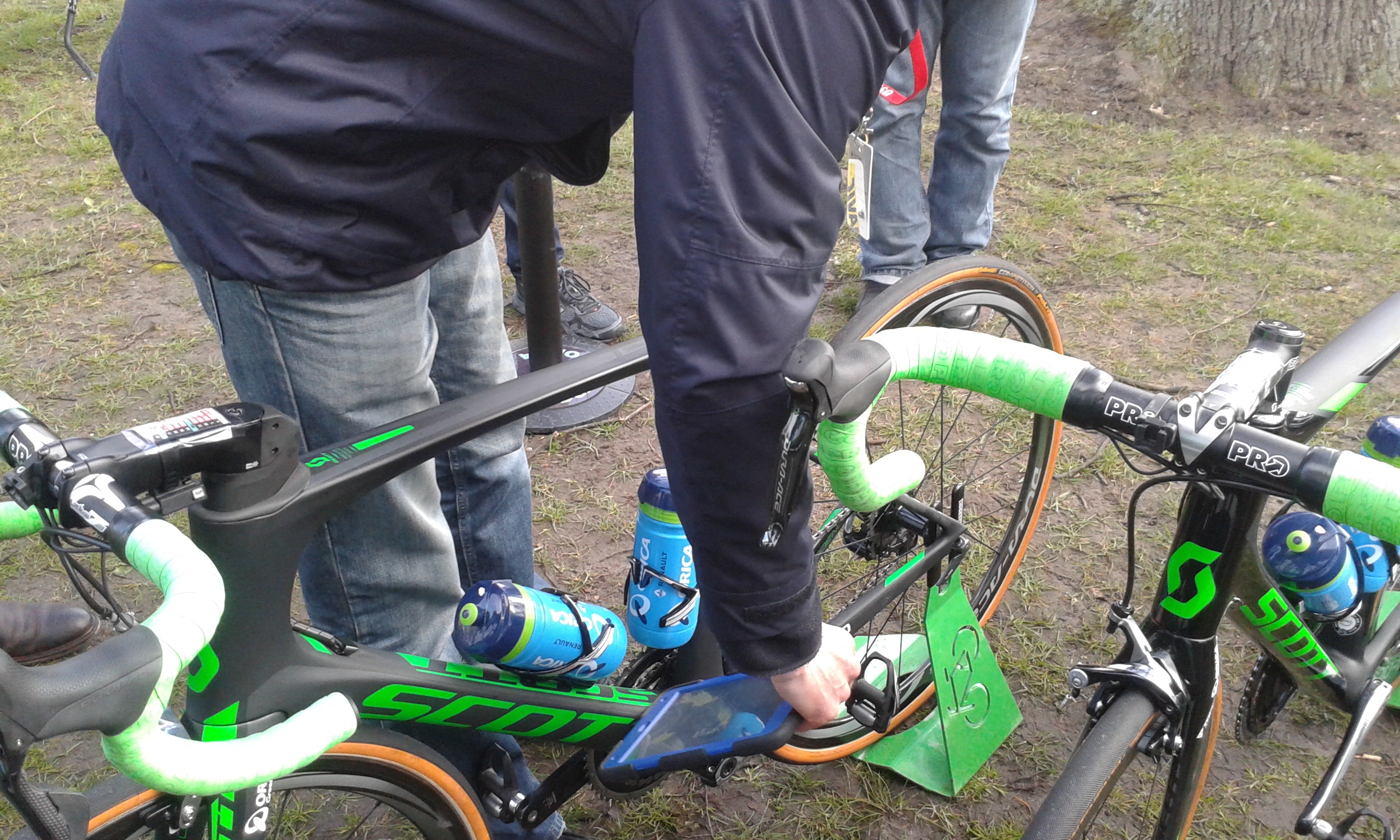
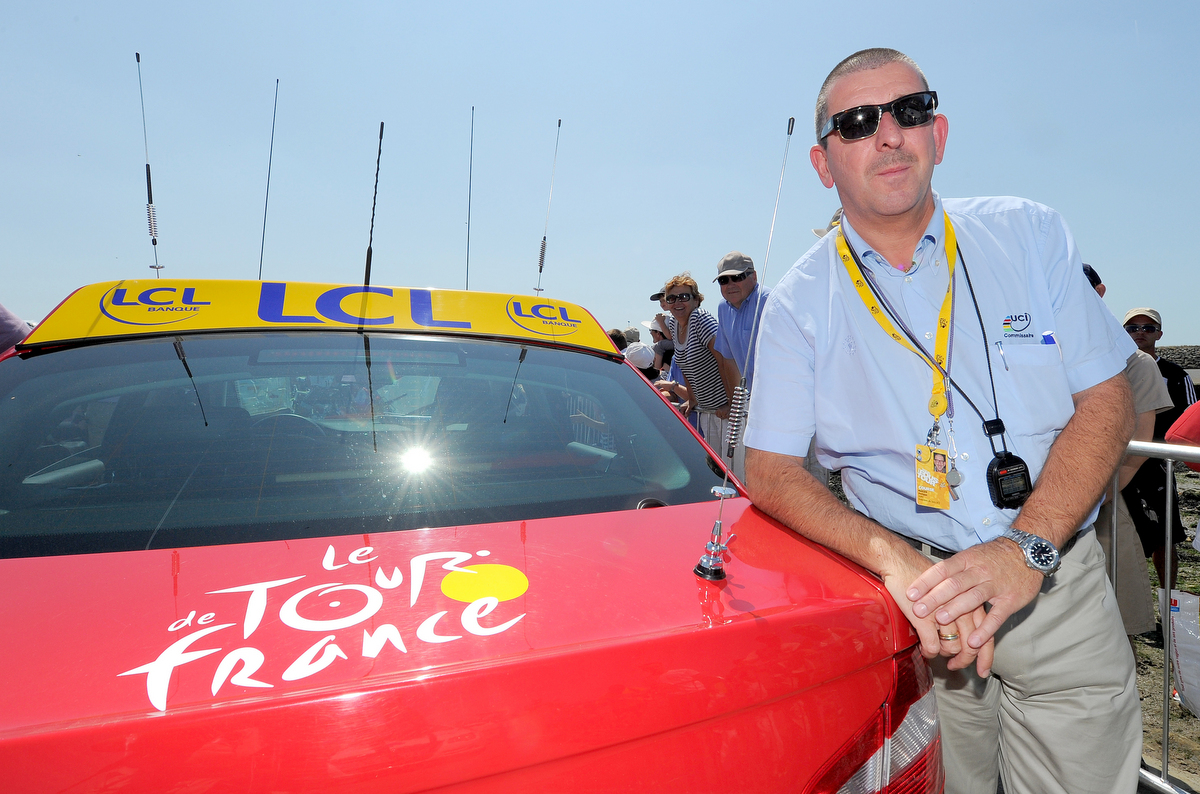
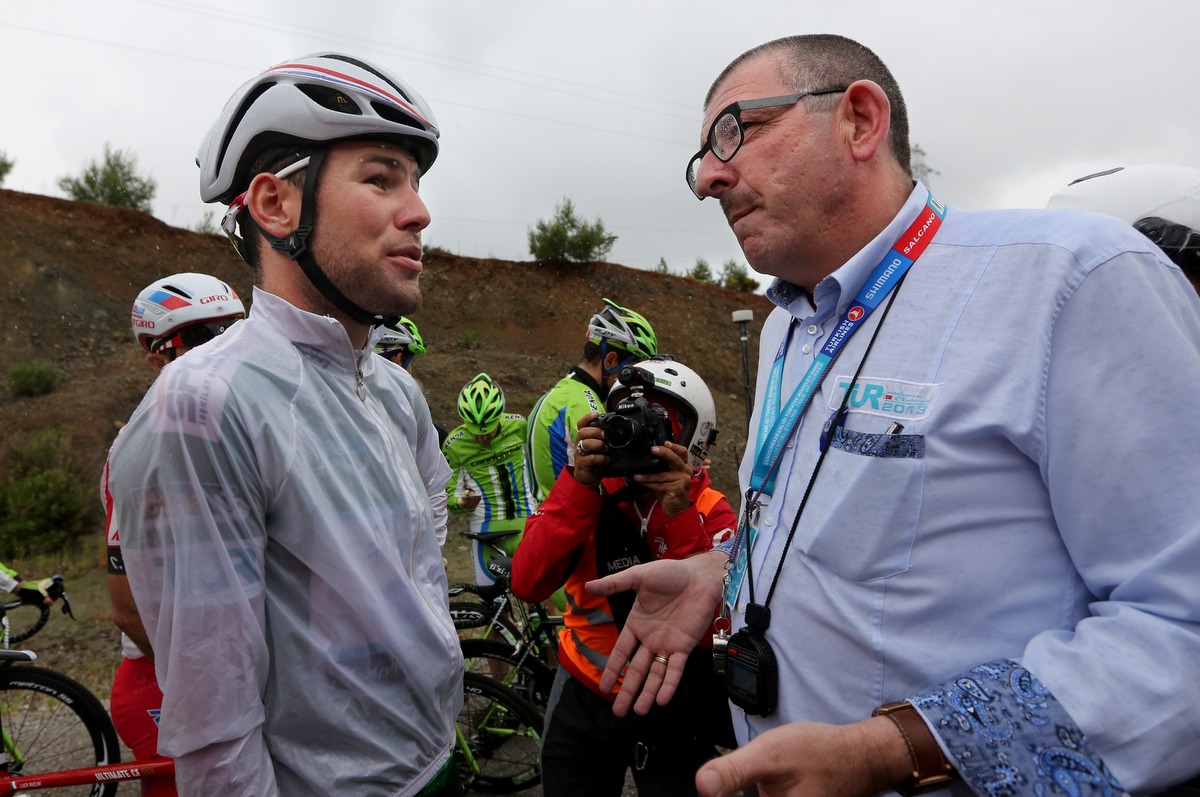

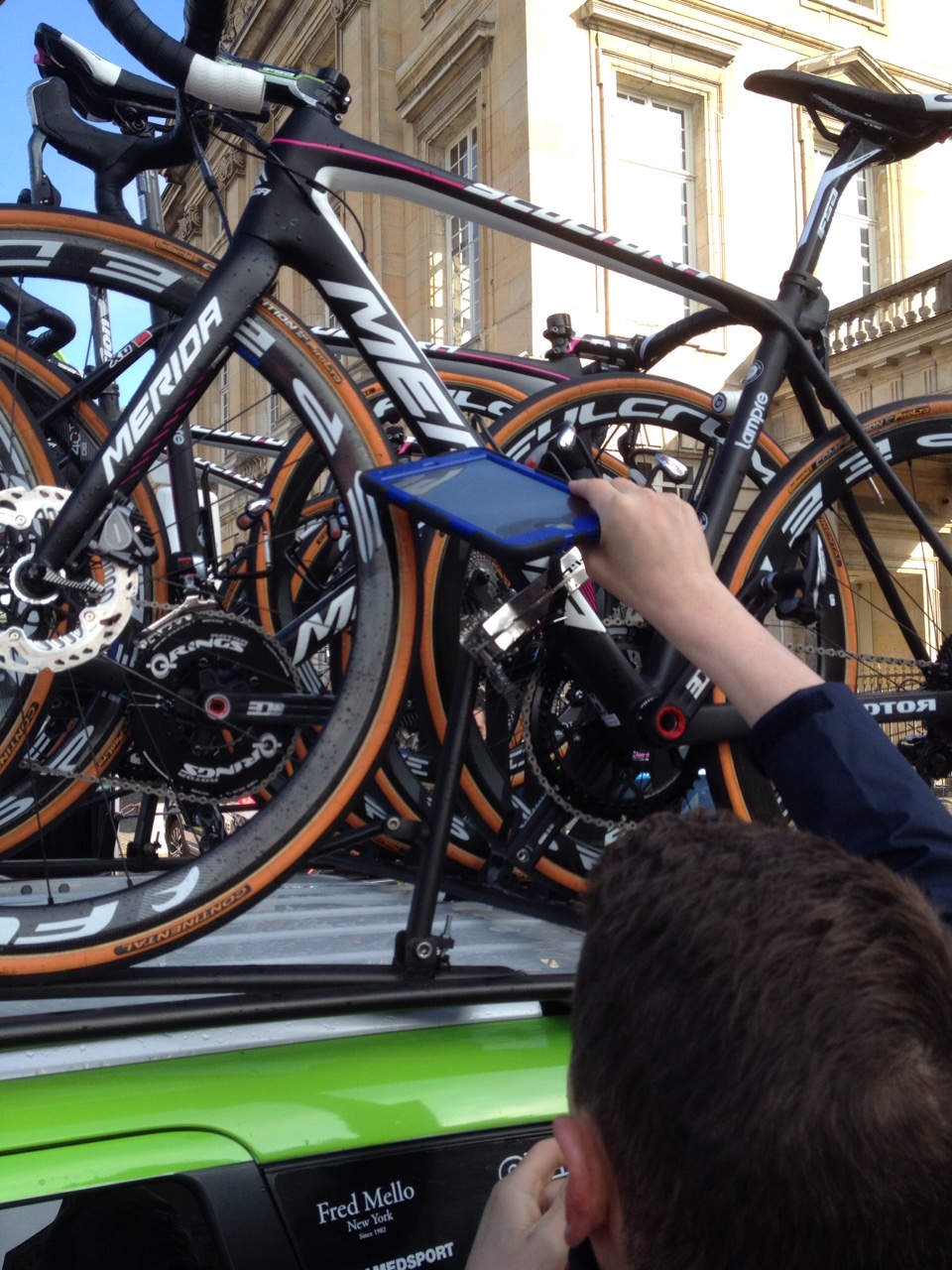
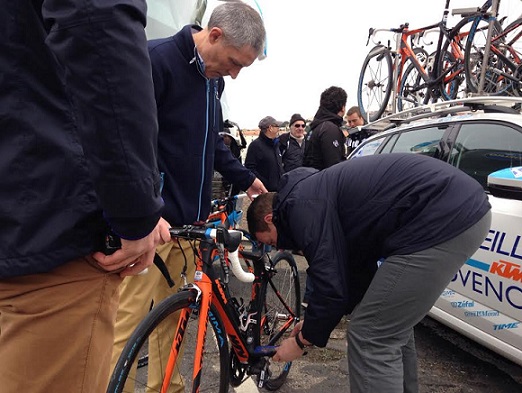
A UCI international commissaire has highlighted what he believes are potential legal grey areas in the quest to deal with suspected instances of mechanical doping and explained why X-ray testing for motors in wheels and frames entails cost, health and safety, and legal issues which render it very difficult on a practical level.
Speaking strictly from a personal point of view, longstanding UCI commissaire and Belgian Cycling Federation management member Philippe Mariën told Cyclingnews that he believed the question of confiscating a bike on a public highway could be complicated from a legal point of view.
Citing a hypothetical scenario, Mariën said: "I'm wondering, if the UCI had wanted me to check bikes like at the Amstel Gold Race on Sunday morning, and let's say I discovered a bike there that was, let's call it, imbalanced, and I would like to take it with me. Do I have the power, as a UCI commissaire, to confiscate the bike? I don't think so. Honestly, I don't think so."
Mariën called for a precise protocol for confiscating a bike to be established. "I think there should be a procedure with a form signed by the rider, by the team manager, by the UCI, in which all three agree the bike will go with the UCI for further investigation. I know they [the UCI] are working very hard on it to get a proper legal basis to do that."
The issue that renders this so complicated, he argued, was that cycling takes place in a public domain. "A comparison is, if you go to a football stadium, they close the doors and nobody, sort of, gets out. But on big roads, if you want to hide and run, there's no problem, you can run. Nobody will be there to stop you."
See also:
- Mechanical doping: A brief history
- Mechanical doping used in Strade Bianche and Coppi e Bartali, claims investigation
- Bugno calls on UCI to use heat cameras to detect mechanical doping
- UCI reacts to criticism in French and Italian media's mechanical doping investigation
The problems with X-ray testing
The latest race content, interviews, features, reviews and expert buying guides, direct to your inbox!
A recent investigation by French TV channel Stade 2 and Italian newspaper Corriere della Sera used a heat camera to point out possible motors or batteries concealed within bikes at professional races. Another method of detection that many have pushed for is X-ray testing of bikes, though Mariën pointed out that cost issues, logistical questions and the use of X-rays in public make it extremely difficult.
"This system uses X-rays, the same as in hospitals, and so you need special authorisation to use this system in public outdoors and that's a big issue. The Belgian Federal Agency for Nuclear Control (FANC) refuse to give authorisation to use these systems in public for security and health reasons. And another thing, it's very expensive and logistically it's very difficult."
Even if the FANC authorisation was provided in Belgium, other problems would then weigh in, Mariën recounted. He told Cyclingnews the UCI had had a trial run of X-ray testing – purely of the logistical practicalities rather than the actual testing itself – at a local kermesse and U23 race before the Tour of Flanders. On several counts – the risk to public health, price, and logistics – the initial conclusion reached was that the tablet testing system the UCI have been using to detect motors was much more straightforward in comparison.
As for these tablets, Mariën said in an interview with Le Soir newspaper on Tuesday that there were not many available as yet. Asked by Cyclingnews to expand on this, he explained that "they are still in full development by the UCI and the UCI intends to make them available to the federations as soon as possible".
He added: "Obviously after what was discovered at the World Cyclo-cross Championships, it all is going much faster. The UCI is working on it, investing."
However, Mariën says he believes there will be some limits to whatever is – finally – set up. "It's the same as anti-doping controls. You cannot investigate if every single rider took medication or not. That's quite a big issue. And don't forget these are on open roads, if people want to run away, who's going to stop them?"
Alasdair Fotheringham has been reporting on cycling since 1991. He has covered every Tour de France since 1992 bar one, as well as numerous other bike races of all shapes and sizes, ranging from the Olympic Games in 2008 to the now sadly defunct Subida a Urkiola hill climb in Spain. As well as working for Cyclingnews, he has also written for The Independent, The Guardian, ProCycling, The Express and Reuters.

